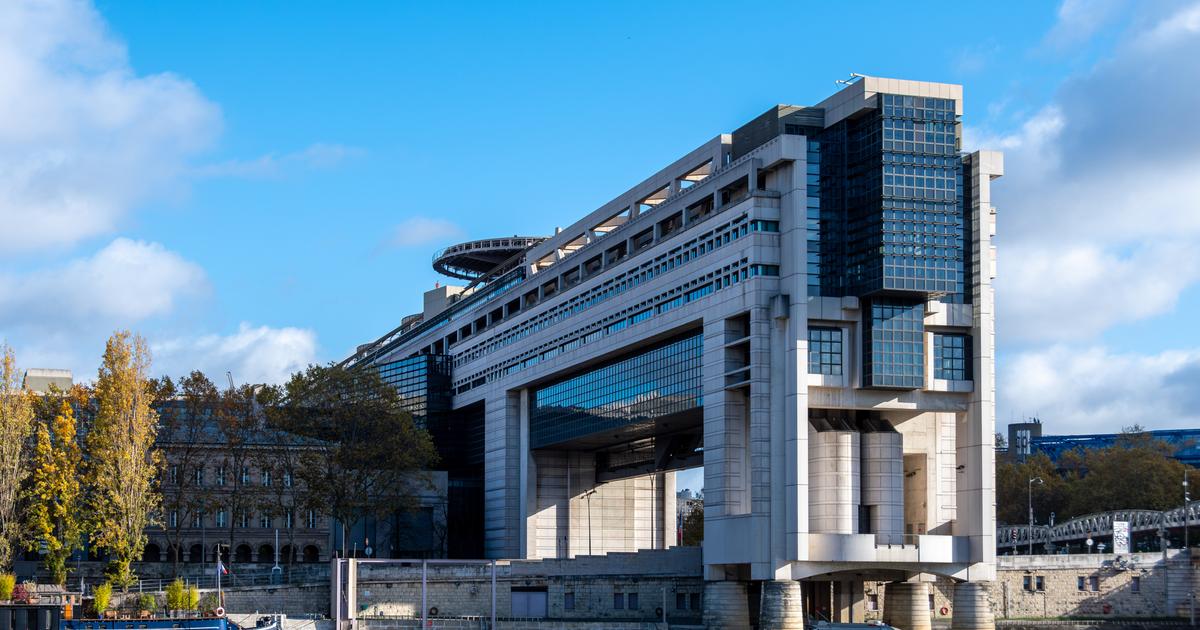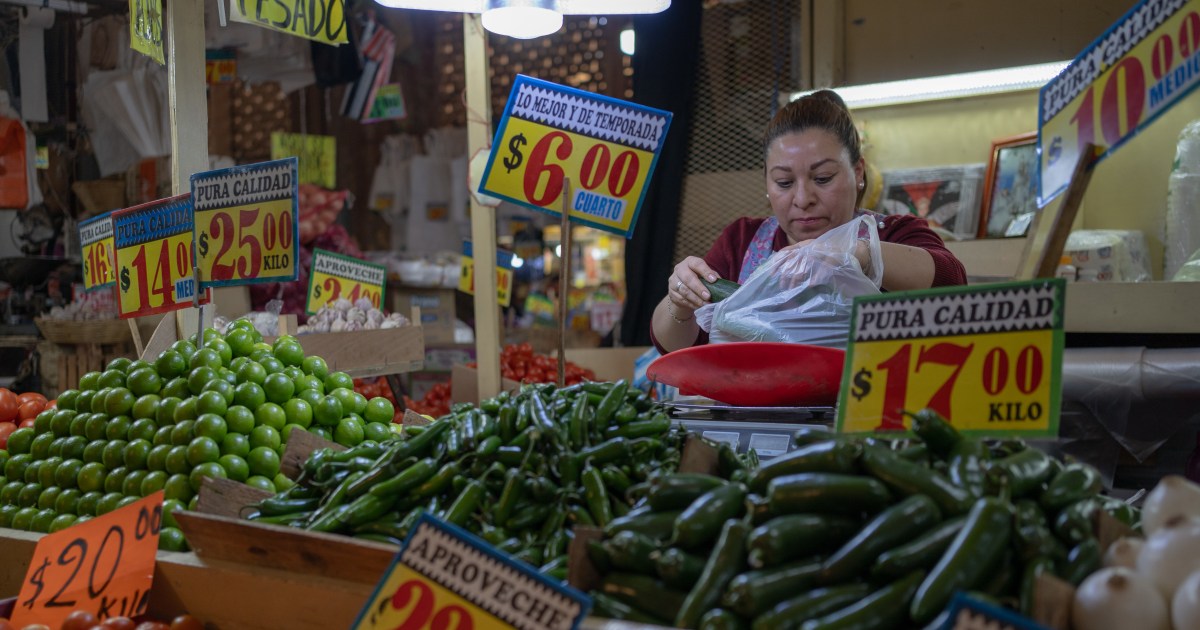Two workers from the Mexican Stock Exchange.
Mexico continues to lose money.
Data from the Bank of Mexico show that during the last three months of 2020 capital transfers abroad accelerated, a period that coincides with the momentum of law proposals that have been highly criticized as harmful to the business climate.
The labor proposal to prohibit subcontracting, the reform of the Electricity Industry Law to benefit state companies and the initiative that would force the central bank to raise dollars in cash, all were promoted by the president, Andrés Manuel López Obrador, or by his party in Congress at the end of last year.
According to the central bank, 18,758 million dollars were transferred from Mexico abroad last year, a jump of 44% compared to 2019. More than 9,000 million dollars went out in the last three months of 2020 alone. capitals is in line with the news that JP Morgan, one of the largest investment banks in the world, is in the process of closing its private banking service in Mexico, which is focused on managing the fortunes of individuals or families.
The trend is that those with resources in Mexico are looking for a way to house it outside the country in more stable currencies and countries with better economic prospects.
Experts and observers from international banking in the country described this decision as "worrying", since it reflects not only the tensions between the private sector and the federal government, but also the economic damage of the pandemic in the country.
"This trend of outflows that was accentuated during the last part of the year is due to the fact that the environment of uncertainty for making investments in the country continues to deteriorate," says Jessica Roldán, director of economic analysis at the firm Finamex.
"The expectation of economic recovery for 2021 is modest, by any metric and the rules of the game continue to change.
These legislative initiatives definitely contribute to further exacerbate the environment of high uncertainty ”, he adds.
The López Obrador government was confronted with private initiative from early on.
Before taking power in December 2019, the then president-elect canceled the largest infrastructure investment of the previous Administration, which generated uncertainty about the business climate in the country, which represents the second largest economy in Latin America.
His Administration has sought a way to reverse the opening of the energy sector, limiting permits to private electricity companies.
Currently, Congress has yet to vote for three initiatives promoted by the president himself or by his party that have been highly controversial.
The Government seeks to reform the labor law so that subcontracting, or
outsourcing
, is prohibited;
grant a privilege to the state electricity company over its competitors through an initiative in the Electricity Industry Law and force the central bank to buy dollars, which is widely interpreted as a violation of the institution's autonomy.
At the same time, foreigners have invested less and less in government debt bonds denominated in pesos, a sign that confidence in Mexico's economy going forward is fading.
In the last two years, foreigners went from having about 32% of the government's long-term bonds to less than 25% in January of this year.
"The possession of foreigners is important for several reasons," explains Luis Gonzali, debt and macroeconomics strategist at Franklin Templeton in Mexico City.
“First, it tells you the sentiment of the global investor about the direction of the Mexican economy.
A high tenure of foreigners implies a high confidence in the economy, and vice versa ”.
In addition, Gonzali adds, it broadens the base of investors willing to buy local debt, helping the Ministry of Finance to finance itself in its own currency and not in dollars.
The outflow of foreigners in government bonds has been exacerbated in the last 12 months as a result of the crisis caused by the Covid-19 pandemic, says the expert.
As a consequence, the federal government will be forced to finance itself in the external market, in dollars, which makes the debt more expensive.
The foreigner invested in pesos seeks for the peso to strengthen, Gonzali explains, "however, if the country's prospects are not good, this will cause the exchange rate to depreciate, and the foreigner will lose money."
Subscribe here
to the
newsletter
of EL PAÍS México and receive all the informative keys of the current situation of this country

/cloudfront-eu-central-1.images.arcpublishing.com/prisa/VPHPJMX3WBCTZN7P5P7DV7EXFA.jpg)


/cloudfront-eu-central-1.images.arcpublishing.com/prisa/PCE7NMB26ZDVRIQX2R26JSNH6A.jpg)




